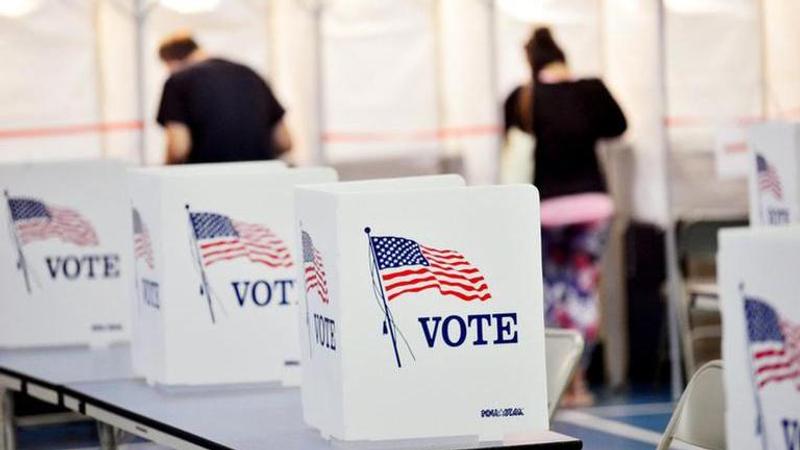Published 05:50 IST, October 22nd 2020
US Court ruling could block thousands of Iowa ballot requests
A split Iowa Supreme Court on Wednesday upheld a new Republican-backed law that could bar county elections commissioners from mailing absentee ballots to thousands of people who omitted information on their applications.

Advertisement
A split Iowa Supreme Court on Wednesday upheld a new Republican-backed law that could bar county elections commissioners from mailing absentee ballots to thousands of people who omitted information on their applications.
The 4-3 ruling means that voters who want to cast mail-in ballots in the Nov. 3 election must complete their absentee ballot applications before Saturday's deadline in order to qualify.
Auditors will not be allowed to use the state's voter registration system to fix any deficient applications, as they have done in prior elections. Voters must do so themselves.
Dissenting justices said the ruling will “likely cause thousands of voters to not receive their ballot in time to use it" and others will face increased health risks from voting in person during the pandemic.
Those affected would still be able to vote early at the auditor’s office and satellite locations or on Election Day.
The ruling marks another legal victory for Republicans and President Trump's reelection campaign in Iowa, where his race against Democrat Joe Biden and a key Senate contest are expected to be close.
Republicans who control the Iowa Legislature passed the law in June after the primary saw record turnout with heavy mail-in voting, which was promoted as a way to keep people from contracting coronavirus at crowded polling places.
The law specified that auditors cannot use government databases to fill in blanks on absentee ballot request forms and must contact voters by email, phone and mail to provide the information. Auditors say that task is time-consuming and not always successful.
Under Iowa's voter identification law, those applying for absentee ballots must provide either a driver's license number or their voter pin number, which few people know. Auditors say some requesters leave that field blank, or make other mistakes or omissions on the forms, which also ask for addresses and birth dates.
Critics contend the law adds several days of processing incomplete requests and that thousands of them could be left without absentee ballots.
The League of United Latin American Citizens of Iowa and Majority Forward, a group supporting Senate Democrats, filed a lawsuit in July claiming the law was an unconstitutional burden on the right to vote that could prevent some people from participating this year.
Trump's campaign and Republican groups intervened, arguing the law was necessary to protect election integrity. A judge in Johnson County sided with them last month, upholding the law.
The Supreme Court agreed last week to review the decision. On the same day, the court upheld a directive from Secretary of State Paul Pate, a Republican, that invalidated tens of thousands of absentee ballot applications that had been sent to voters in three counties with their identification information already filled in.
In the majority opinion Wednesday, four justices agreed with Republicans that the law was a way to “protect the integrity and security of the absentee ballot system" by requiring requesters to provide information verifying their identities.
“We are not persuaded the statute imposes a significant burden on absentee voters. It is not a direct burden on voting itself," wrote the majority, which included Justices Edward Mansfield, Thomas Waterman, Christopher McDonald and Matthew McDermott.
They argued that the rate of absentee ballot requests that have not been fulfilled by county auditors is “extremely low," about 13,000 statewide as of Friday out of more than 842,000 requests. Most of those unfilled are in Johnson and Woodbury counties, two of the three that had to invalidate pre-filled requests mailed to registered voters.
It is of “little significance” that the law was not passed in response to any instances of absentee ballot fraud since its burdens are so minimal, the majority argued.
In a dissent joined by two colleagues, Justice Dana Oxley said that thousands more requests for absentee ballots may come before Saturday's deadline and those missing information will go unfulfilled.
She added that absentee voting by mail has become critically important as Iowa for weeks has suffered among the nation's highest rates of coronavirus infection. Putting a “significant burden” on that option without any documented voter fraud or election integrity concerns is unconstitutional, she argued.
As of Wednesday, more than 600,000 people had returned absentee ballots through the mail or in person for the election. Oxley said county auditors have kept up with requests for ballots but could be overwhelmed in coming days.
“The majority’s position rests on the calm before the storm," she wrote.
05:51 IST, October 22nd 2020




